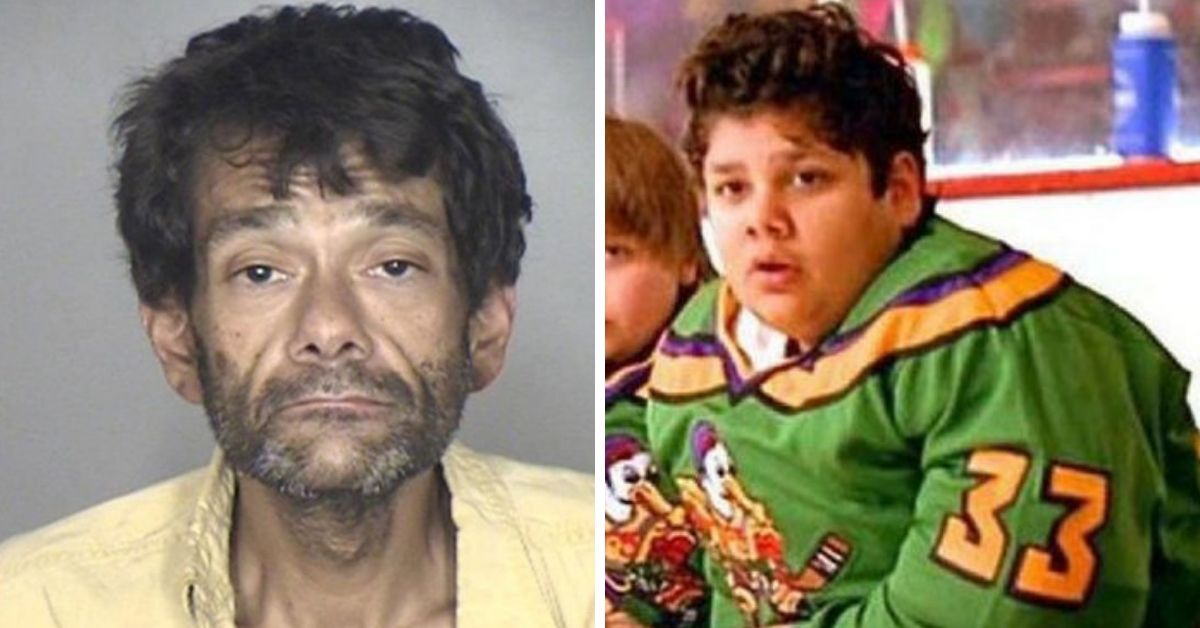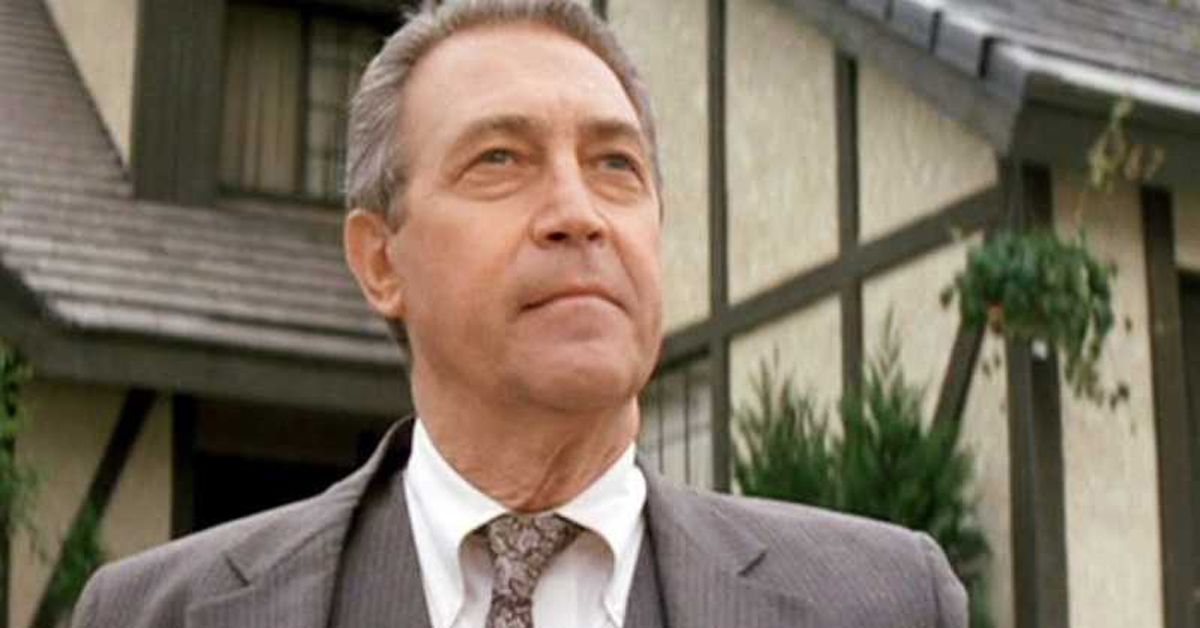
Pop Culture | Celebrities | 80s
Molly Ringwald Reveals How She Became John Hughes's Muse And What She Really Thinks Of His Movies

Molly Ringwald was basically the queen of the Brat Pack. She was in so many John Hughes movies that she is often considered his muse.
She was basically everywhere in the 80s, whether it was Saturday detention with The Breakfast Club, celebrating her birthday in Sixteen Candles or being Pretty in Pink, Ringwald was there.
Obviously it's not easy going through your teenage years in the spotlight, but Ringwald managed to come through the other side mostly unscathed. How did she manage it?
She still feels like the same person

Most of us probably feel like we've changed a lot since we were in high school, but maybe it's because she had to grow up so fast, but Ringwald still feels the same.
“I consider myself the same person that I was when I was 15/16 years old when I was uber famous and doing those movies.
"But I think I always knew that I was interested in more than just that."
She admits it's not always as glamorous as people think

While a lot of us think that being famous is the ideal life, Ringwald says that "Fame isn't all that great."
"It's a double edge sword, I can't deny that fame has opened up a lot of doors, but I think it is a really difficult thing to deal with at a young age and I think I survived better than most people."
The movies were unlike anything else at the time

When she made the movies, they were so unique and unlike anything else, but looking back she has some concerns about the content.
Just this year, Ringwald wrote a piece for The New Yorker and revealed some of the things she had issues with. She admitted that John Hughes did sort of break ground in the world of teen movies, but it's what he did that has her uncertain of their staying power.
"It can be hard to remember how scarce art for and about teenagers was before John Hughes arrived...
"Portrayals of teen-agers in movies were even worse. The actors cast in teen roles tended to be much older than their characters—they had to be, since the films were so frequently exploitative."
He was supposed to have his directorial debut with 'The Breakfast Club' but then he saw Ringwald

It was while trying to cast The Breakfast Club that he came across the headshot for the young Molly Ringwald. He apparently saw her picture and was inspired to write an entire movie for her.
"[Hughes] told me later that, over a July 4th weekend, while looking at headshots of actors to consider for the movie, he found mine, and decided to write another movie around the character he imagined that girl to be.
"That script became 'Sixteen Candles,' a story about a girl whose family forgets her sixteenth birthday. "

He apparently took the break before filming The Breakfast Club to once again write another movie specifically for his muse.
"Once we were done shooting, and before we began filming 'The Breakfast Club,' John wrote another movie specifically for me, 'Pretty in Pink,' about a working-class girl navigating the social prejudices of her affluent high school...
"No one in Hollywood was writing about the minutiae of high school, and certainly not from a female point of view."
She had a lot of influence over Hughes

The rumors of her suggesting he cut a scene with a female gym teacher is true, but her reasoning is fair.
"In the shooting script of 'The Breakfast Club,' there was a scene in which an attractive female gym teacher swam naked in the school’s swimming pool as Mr. Vernon, the teacher who is in charge of the students’ detention, spied on her.
"The scene wasn’t in the first draft I read, and I lobbied John to cut it. He did, and although I’m sure the actress who had been cast in the part still blames me for foiling her break, I think the film is better for it."
Looking back she doesn't agree with a lot of the plots

Obviously times have changed quite a bit, but in The Breakfast Club specifically, Ringwald realized that the message maybe isn't the best when it comes to her character Claire and her relationship with Bender.
Bender is either sexually harassing Claire, or insulting her, there really is no in between.
"What’s more, as I can see now, Bender sexually harasses Claire throughout the film. When he’s not sexualizing her, he takes out his rage on her with vicious contempt, calling her 'pathetic,' mocking her as 'Queenie.' It’s rejection that inspires his vitriol.
"Claire acts dismissively toward him, and, in a pivotal scene near the end, she predicts that at school on Monday morning, even though the group has bonded, things will return, socially, to the status quo. 'Just bury your head in the sand and wait for your ******* prom!' Bender yells.
"He never apologizes for any of it, but, nevertheless, he gets the girl in the end."
She has a hard time understanding how he could do this and still be so supportive

Ringwald admits that Hughes had a "blind spot."
"It’s hard for me to understand how John was able to write with so much sensitivity, and also have such a glaring blind spot."

He always seemed to believe in her, but the product that was left behind are problematic.
"John believed in me, and in my gifts as an actress, more than anyone else I’ve known, and he was the first person to tell me that I had to write and direct one day.
"He was also a phenomenal grudge-keeper, and he could respond to perceived rejection in much the same way the character of Bender did in 'The Breakfast Club.'
"But I’m not thinking about the man right now but of the films that he left behind. Films that I am proud of in so many ways. Films that, like his earlier writing, though to a much lesser extent, could also be considered racist, misogynistic, and, at times, homophobic....
"John’s movies convey the anger and fear of isolation that adolescents feel, and seeing that others might feel the same way is a balm for the trauma that teen-agers experience.
"Whether that’s enough to make up for the impropriety of the films is hard to say—even criticizing them makes me feel like I’m divesting a generation of some of its fondest memories, or being ungrateful since they helped to establish my career. And yet embracing them entirely feels hypocritical. And yet, and yet..."
She does however hope that people continue to talk about them, whether it's good or bad

Ringwald hopes that these movies endure simply because of how much everything has changed. At the time, everything seemed normal, but the fact that certain things make us uncomfortable now is actually a good thing. It makes it clear that times have changed.
"John wanted people to take teens seriously, and people did. The films are still taught in schools because good teachers want their students to know that what they feel and say is important; that if they talk, adults and peers will listen.
"I think that it’s ultimately the greatest value of the films, and why I hope they will endure. The conversations about them will change, and they should. It’s up to the following generations to figure out how to continue those conversations and make them their own—to keep talking, in schools, in activism and art—and trust that we care."
When was the last time you watched a John Hughes movie? Do you agree that it feels different watching it now vs. how it felt when you were young?
As for where the cast ended up, they've all moved on from detention and gotten up to some interesting things.
Source - Oprah's Where Are They Now / The New Yorker



